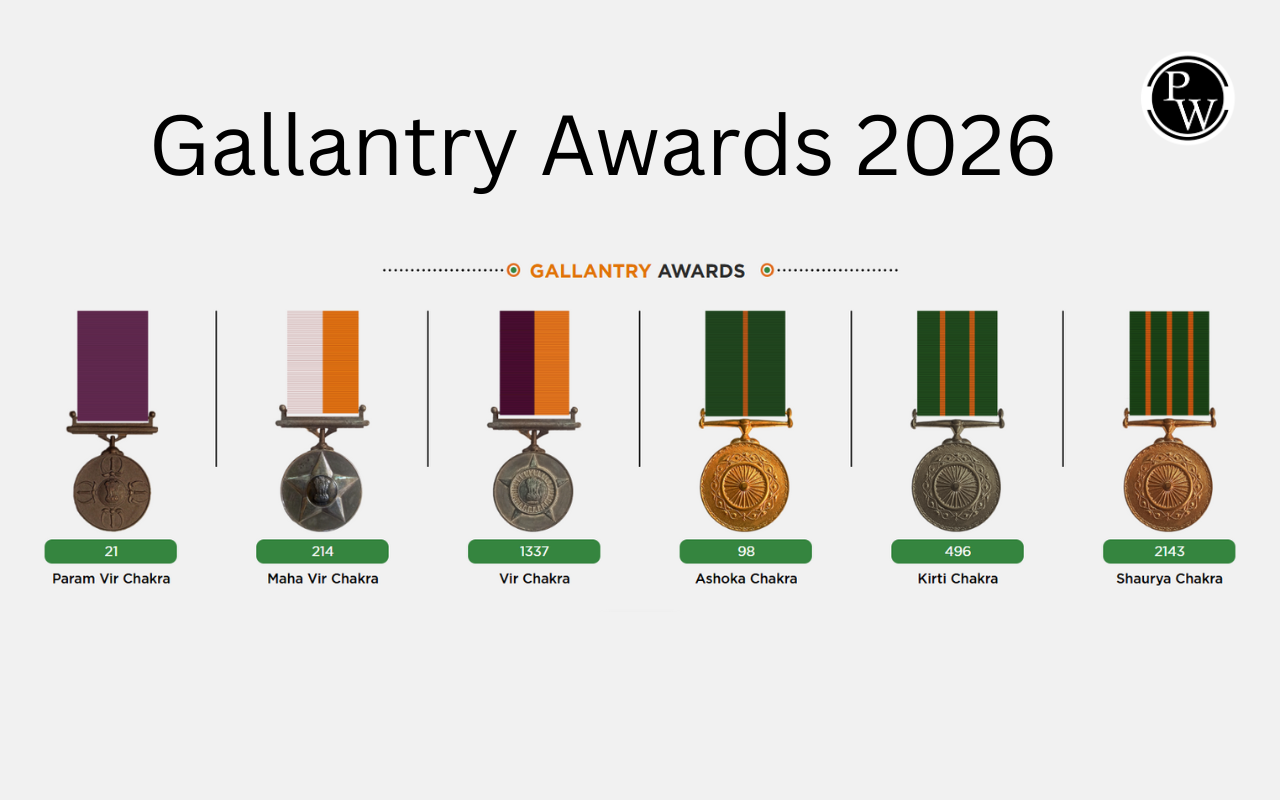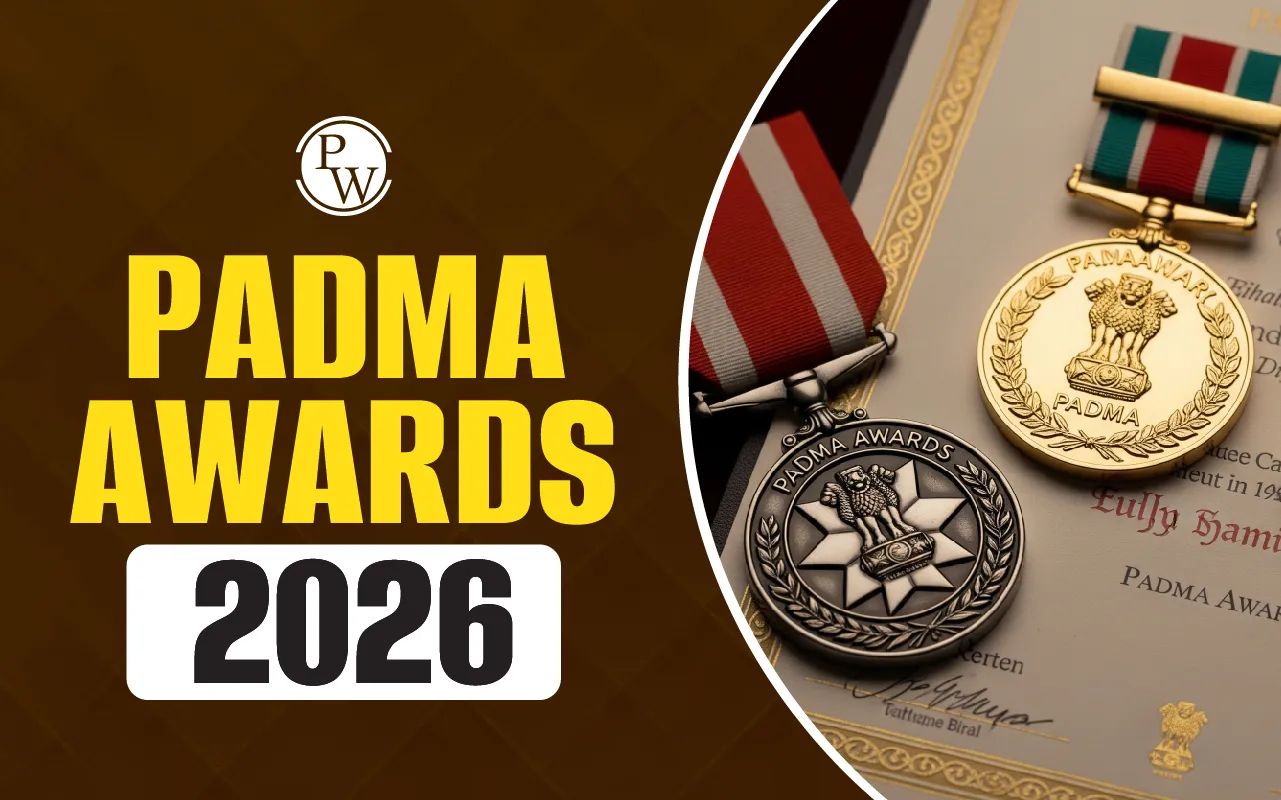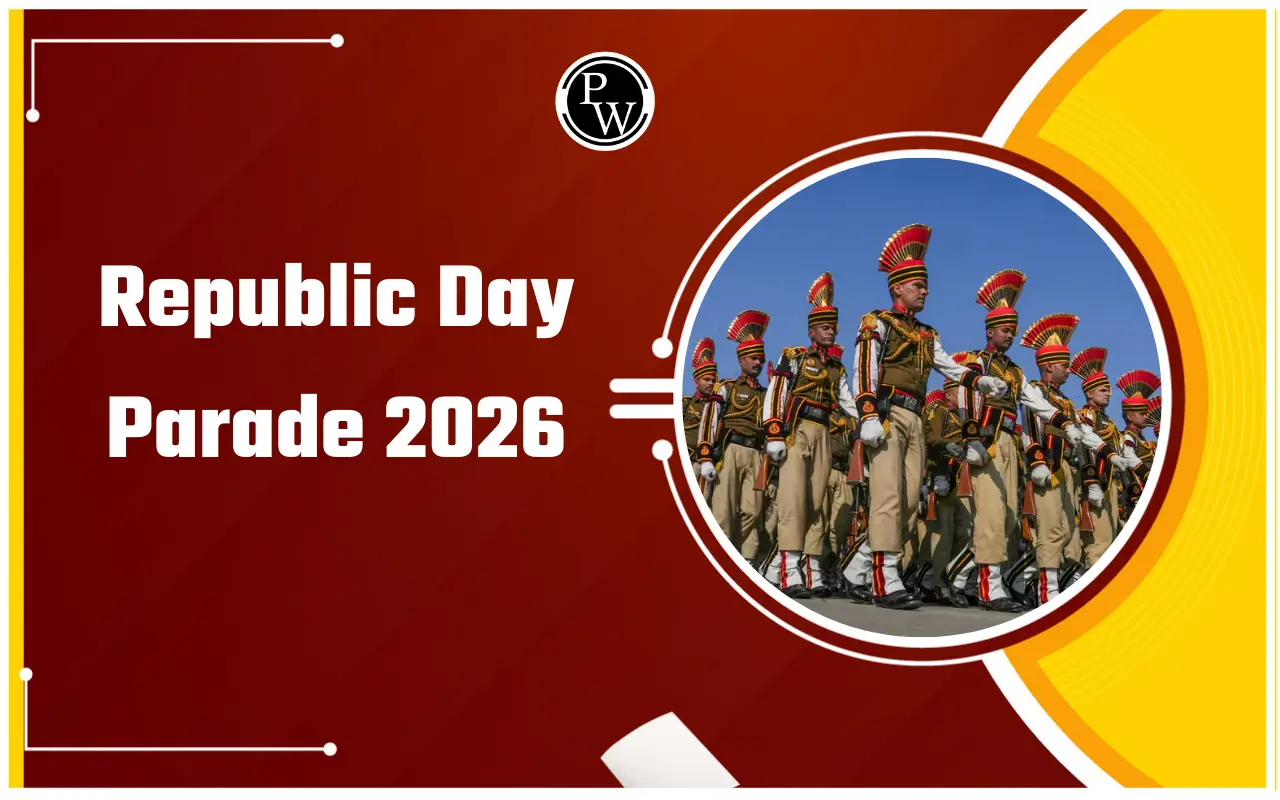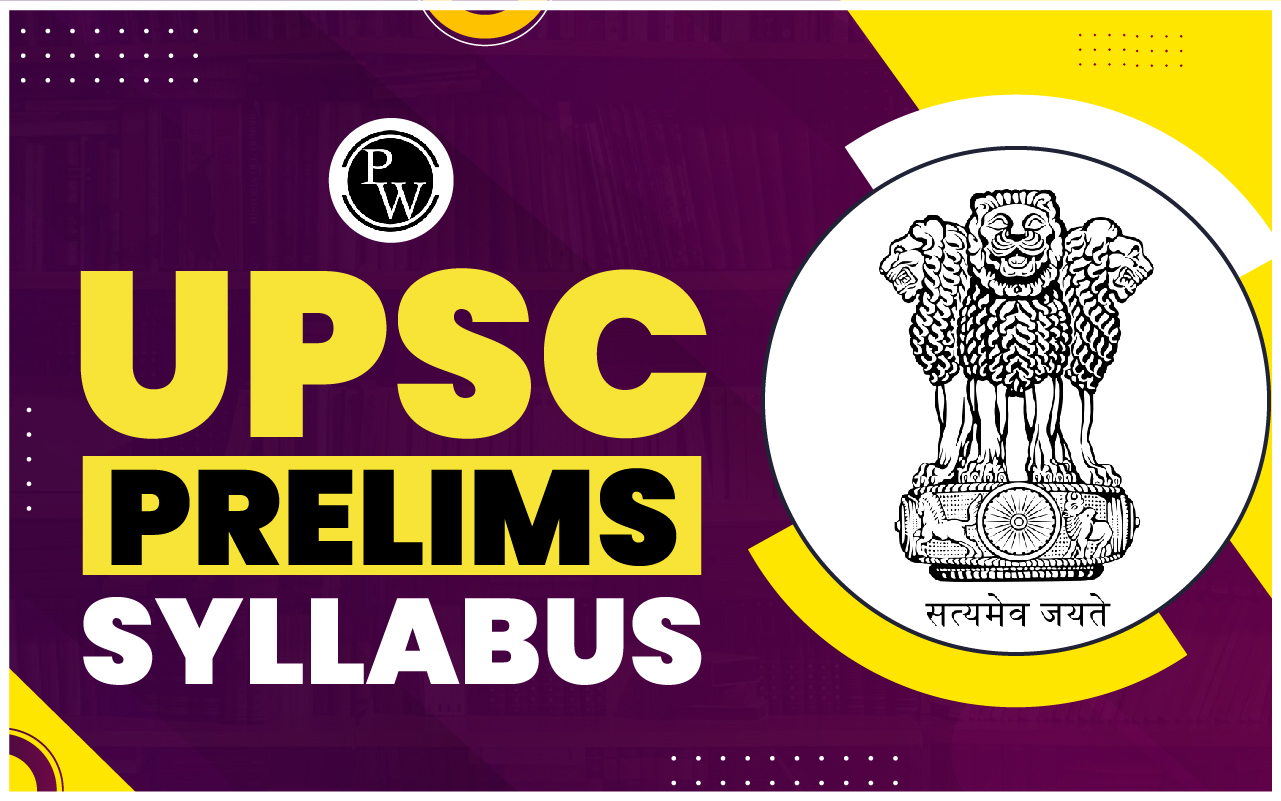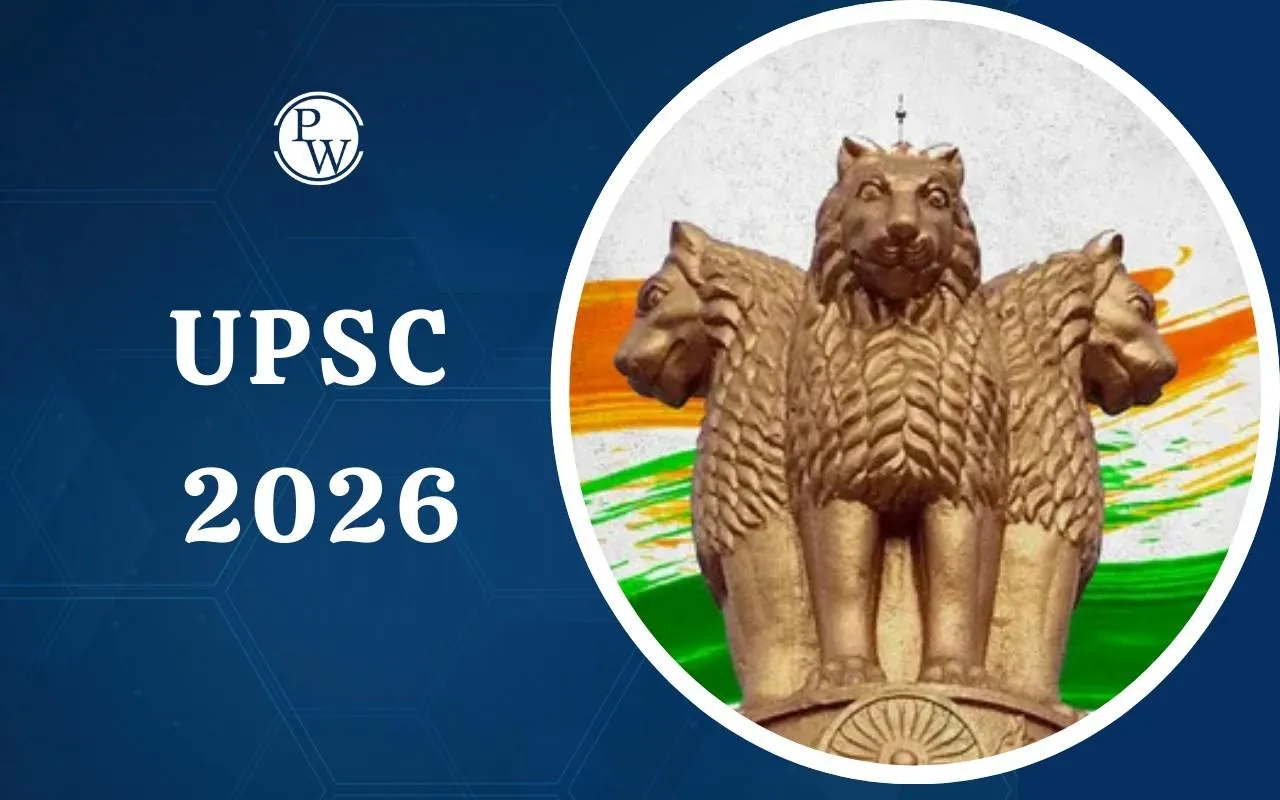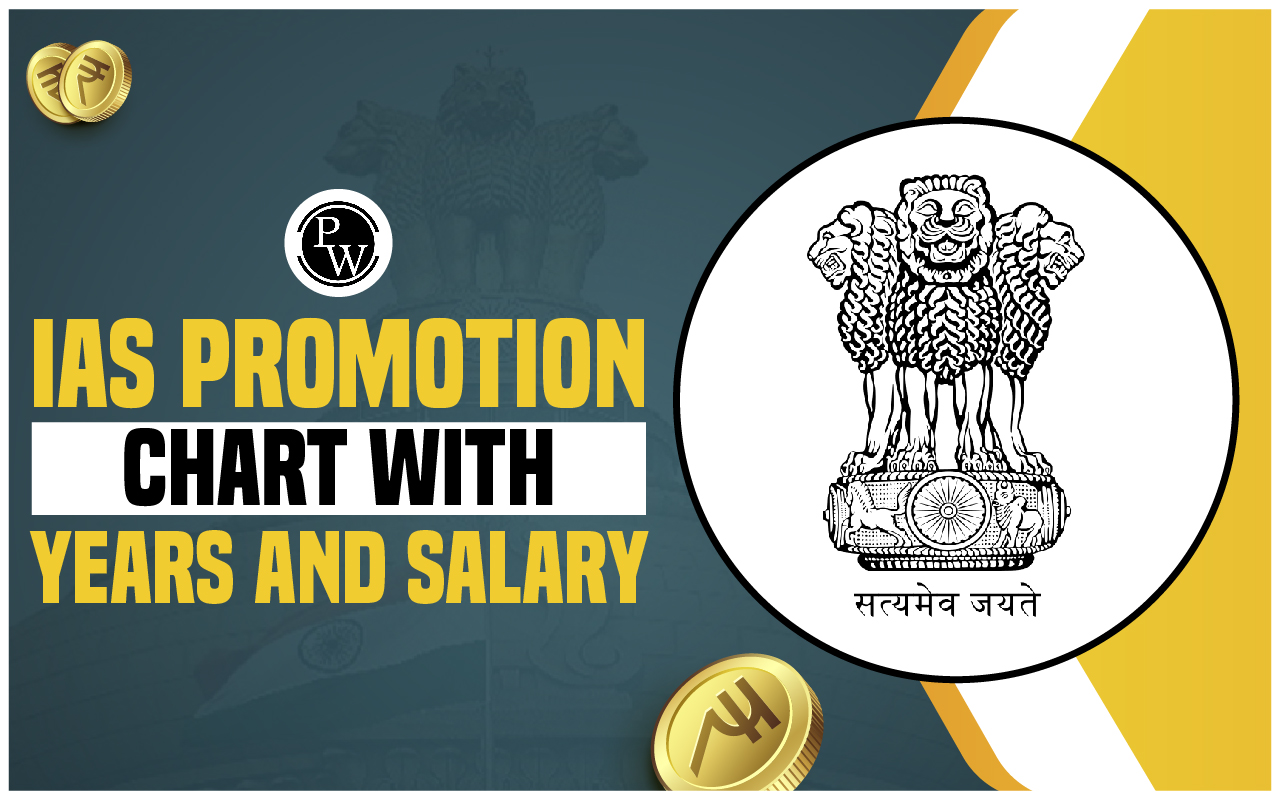
UPSC Civil Engineering Optional Syllabus 2025: The Union Public Service Commission has approved three engineering subjects among 48 total subjects for the UPSC Civil Services Mains stage. Of these, the ‘Civil Engineering Optional’ is particularly for candidates who have done a Bachelor's/Master's of Engineering in the civil engineering discipline.
If you have completed your graduation in civil engineering, targeting 500 marks in the UPSC optional paper is possible with the Civil Engineering optional subject. Read on for UPSC Civil Engineering Optional syllabus, booklist, topper's name, and more!UPSC Civil Engineering Optional 2025
UPSC offers civil engineering, mechanical engineering, and electrical engineering subjects as optional subjects in the IAS mains exam. Civil engineering, as an engineering subject, focuses on the design and maintenance of physical and environmental structures such as bridges. The Civil Engineering subject is strongly recommended only for students with similar backgrounds, as it is a technical subject.
Candidates without prior engineering knowledge will find the Civil Engineering optional highly challenging due to a lack of prior basic understanding of the subject. Nevertheless, the Civil Engineering optional can be time-saving as a major section is already covered during graduation.
UPSC Civil Engineering Optional Syllabus 2025
Civil Engineering Optional Paper 1 Syllabus
Civil Engineering optional subjects are the same as those covered during the engineering course. Civil Engineering Paper 1 has subjects of Engineering Mechanics, Strength of Materials, Structural Analysis, and Design of Structures as detailed in the below table:| Civil Engineering Optional Paper 1 Syllabus | |
| Topic | Subtopics |
|
Engineering Mechanics, Strength of Materials, and Structural Analysis |
|
| 1.1 Engineering Mechanics |
|
| 1.2 Strength of Materials |
|
| 1.3 Structural Analysis |
|
|
Design of Structures: Steel, concrete, and masonry structures |
|
| 2.1 Structural Steel Design |
|
| 2.2 Design of Concrete and Masonry Structures |
|
|
Fluid Mechanics, open channel flow, and Hydraulic Machines |
|
| 3.1 Fluid Mechanics |
|
| 3.2 Dimensional Analysis and Similitude |
|
| 3.3 Laminar Flow |
|
| 3.4 Boundary layer |
|
| 3.5 Open channel flow |
|
| 3.6 Hydraulic Machines and Hydropower |
|
|
Geotechnical Engineering |
|
| 4. Geotechnical Engineering |
|
Civil Engineering Optional Paper 2 Syllabus
The Civil Engineering syllabus of paper 2 of UPSC Mains is concerned with topics like Construction Technology, Equipment, Planning and Management, Surveying and Transportation Engineering, and Hydrology.| Civil Engineering Optional Paper 2 Syllabus | |
| Topic | Subtopic |
|
Construction Technology, Equipment, Planning, and Management |
|
| 1.1 Construction Technology (Engineering Materials) |
|
| 1.2 Construction |
|
| 1.3 Construction Planning and Management |
|
|
Surveying and Transportation Engineering |
|
| 2.1 Surveying |
|
| 2.2 Railways Engineering |
Permanent way—components, types, and their function-Functions and Design constituents of turn and crossing— Necessity of geometric design of track—Design of station and yards. |
| 2.3 Highway Engineering |
|
|
Hydrology, Water Resources, and Engineering |
|
| 3.1 Hydrology |
|
| 3.2 Groundwater flow |
|
| 3.3 Water Resources Engineering |
|
| 3.4 Irrigation Engineering |
|
|
Environmental Engineering |
|
| 4.1 Water Supply |
|
| 4.2 Intake of Water |
|
| 4.3 Sewerage Systems |
|
| 4.4 Sewage Characterisation |
|
| 4.5 Sewage Treatment |
|
| 4.6 Solid waste |
|
|
Environmental pollution |
|
| 5. Environmental pollution |
|
Advantages and Disadvantages of Choosing Civil Engineering Optional
The Civil Engineering Optional is a scientific subject with a static syllabus. Due to the technical nature of this optional, it offers both certain advantages and disadvantages. These pros and cons of selecting the Civil Engineering subject in UPSC mains are provided below:Civil Engineering Optional Advantages
For those who want to opt for the Civil Engineering Optional, here are the benefits it offers:- Previous Knowledge can be Used: Civil engineers have already studied syllabus topics in the last four years; therefore, they may find this optional subject easy and have a good foundation already.
- Scope of Scoring Well: Being a scientific subject, candidates can easily score in the Civil Engineering Optional once they have covered the syllabus and practiced questions, due to less subjective answers.
- Scope of Presentation: Candidates can present their answers with the help of diagrams on this subject. This not only improves presentation but also makes answers attractive to fetch better marks.
- Less Rote Learning: Candidates need conceptual clarity in this subject in place of mugging up facts of the Civil Engineering syllabus.
- Advantage in Engineering Service Exam: Candidates preparing for UPSC ESE/IES simultaneously need not juggle multiple subjects, and they can balance the preparation of both UPSC and ESE exams.
Civil Engineering Optional Disadvantages
The flip side of choosing the civil engineering optional subject is as follows:- Vast and Challenging Syllabus: The syllabus is not just huge but also difficult to cover without guidance.
- Lengthy Question Papers: Civil Engineering Optional papers are lengthy, having complex questions, which is why candidates often struggle to complete papers within the 3-hour time limit.
- No Overlap with Other Subjects: Unlike the humanities, this optional paper does not benefit candidates in other GS papers, as topics do not overlap.
- Require Expertise: Sometimes, candidates are required to answer questions that demand in-depth knowledge.
- Less Popular: It has been observed that very few candidates opt for this subject even after having civil engineering degree.
Preparation Strategy for UPSC Civil Engineering Optional
Given the challenges the Civil Engineering Optional brings, candidates should make a proper strategy specific to each subject. Candidates should consider taking help from mentors in their preparation plan. Here are some tips to prepare for the Civil Engineering optional subject:- Go through the syllabus of Paper 1 and Paper 2.
- Make a booklist according to the topics mentioned in the Civil Engineering syllabus.
- Prepare short notes from books, particularly note down important formulas.
- Practice answer writing to learn time management and presentation skills by joining a test series.
- Practice solving a variety of numerical problems, especially in subjects like structural analysis, fluid mechanics, and transportation engineering.
- Join a test series to simulate exam conditions and improve your time management skills.
- Analyze your weak areas after each mock test and prepare these well before the exam.
- Dedicate sufficient time to revision before the exam. Continue practicing problems to maintain proficiency.
- If possible, join a good civil engineering optional coaching for guidance in the mains.
- Incorporate feedback from experts in your answer writing strategy.
UPSC Civil Engineering Optional Books
To cover the complete civil engineering syllabus, candidates should refer to the standard books. Make your booklist for civil engineering optional and stick to it till exam day. The candidate should focus on getting conceptual clarity and refrain from rote memorization from books. Here are some books for the civil engineering optional papers:| Civil Engineering Optional Books | |
| Book | Author |
| Engineering Mechanics | Irvin Shames |
| Strength of Materials | Stephen Timoshenko |
| Strength of Materials | S. Ramamrutham |
| Intermediate Structural Analysis | CK Wang |
| Theory of Structures | S. Ramamrutham |
| Design of Steel Structures | S Duggal |
| Prestressed Concrete | N Krishna Raju |
| Handbook Of Reinforced Concrete Design | SN Sinha |
| Hydraulics and Fluid Mechanics Including Hydraulics Machines | Modi and Seth |
| Flow in Open Channels | K Subramanya |
| Basic and Applied Soil Mechanics | Gopal Ranjan and Rao |
| Soil Mechanics And Foundation Engineering | SK Garg |
| Construction, Planning, and Management | UK Srivastava |
| Irrigation Engineering | S.K. Garg |
| Building Construction | Arora and Bindra |
| Hydrology and Water Resources Engineering | S.K. Garg |
| Surveying | BC Punmia |
| Environmental Engineering (both volumes) | S.K. Garg |
IAS Toppers with Civil Engineering Optional
Even though a limited number of candidates have chosen the Civil Engineering Optional, there are a few toppers who have achieved success in the mains with this subject. Here is the list of IAS toppers who have Civil Engineering as an optional subject in the UPSC exam:| IAS Toppers with Civil Engineering Optional | ||
| Topper | Rank | Marks |
| Praveen Kumar | AIR 7 (2020) | 287 |
| Abhishek Saraf | AIR 8 (2019) | 262 |
| Vinay Tiwari | AIR 193 (2014) | 291 |
| Avdhesh Meena | AIR 32 (2016) | 356 |
| Ashish Vasishtha | AIR 15 (2013) | 297 |
UPSC Civil Engineering Optional Syllabus FAQs
Is Civil Engineering a good optional subject for UPSC aspirants from a non-science background?
What are the highest marks in Civil Engineering optional?
Is it possible to prepare Civil Engineering Optional from scratch?
What is the advantage of choosing civil engineering as an optional subject in the UPSC exam?
What are the subjects in UPSC optional for engineers?



